A Comprehensive Guide to Choosing the Best Types of Garage Doors for Your Home
When selecting the best types of garage doors for your home, it's essential to consider not only aesthetics but also functionality and durability. According to the National Association of Home Builders (NAHB), nearly 70% of homeowners prioritize garage doors as a crucial factor in their home’s curb appeal. With a diverse range of options available—from traditional raised-panel styles to modern sectional doors—understanding the unique advantages of each type is pivotal. Moreover, a report from the International Door Association indicates that functional upgrades, such as insulated doors, can enhance energy efficiency while improving the overall comfort of your home. This comprehensive guide aims to equip you with valuable insights and tips that will help you navigate the various types of garage doors, ensuring you make an informed decision that complements both your lifestyle and your home’s design.
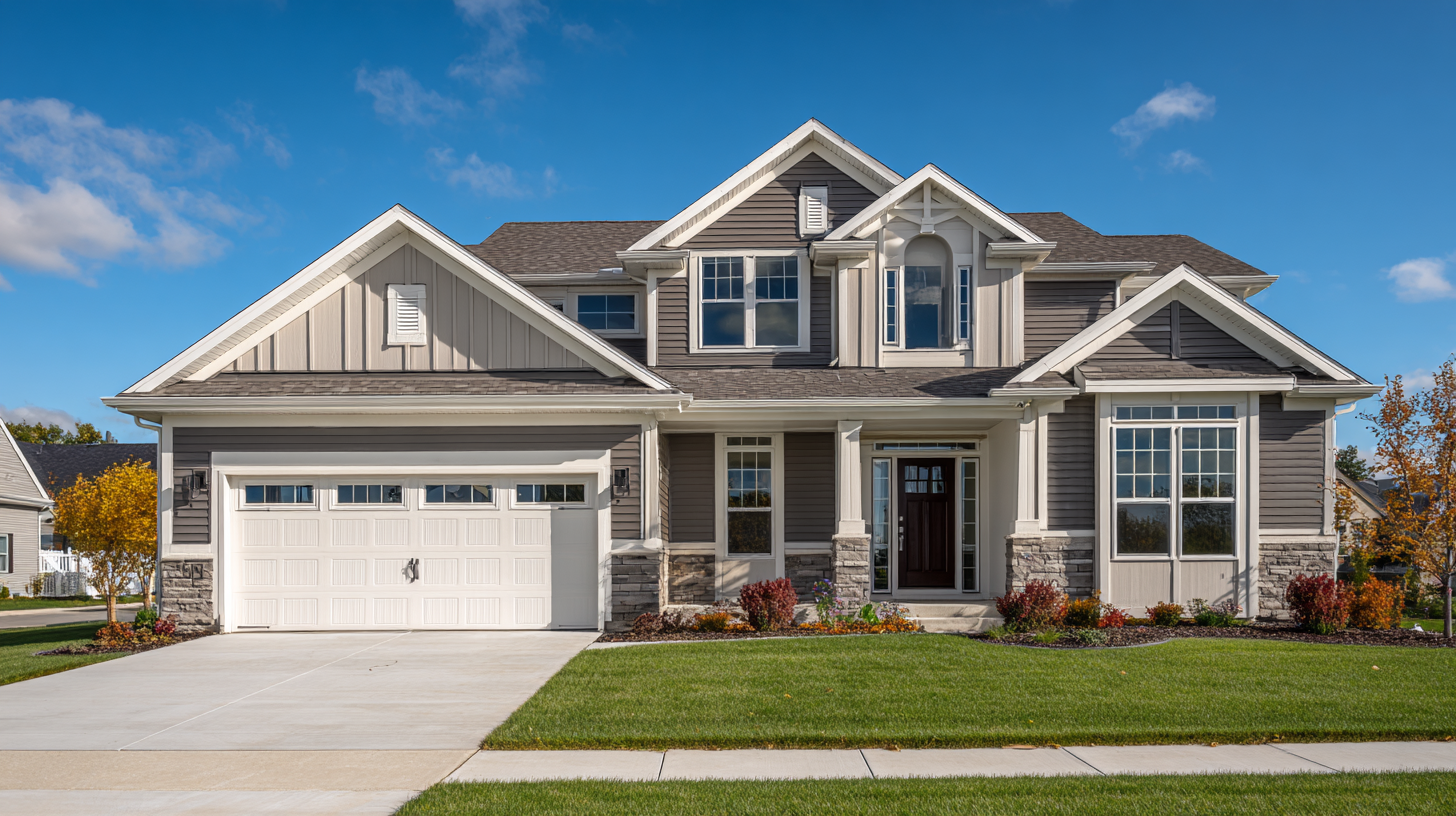
Understanding Different Garage Door Materials and Their Benefits
When selecting a garage door for your home, understanding the different materials available is essential. Steel doors are among the most popular choices due to their durability and low maintenance requirements. They can withstand harsh weather and resist dents, making them ideal for homes in varied climates. Additionally, steel doors can be insulated, providing energy efficiency benefits that help regulate the temperature in the garage and adjacent living spaces.
Wood garage doors offer a classic aesthetic that appeals to many homeowners. They provide excellent insulation but do require more maintenance than their steel counterparts. Regular sealing or painting is necessary to protect them from moisture and prevent warping. For those seeking a balance between appearance and maintenance, fiberglass doors mimic the look of wood and are resistant to cracking and fading, making them suitable for coastal areas. Each material has its own unique benefits, allowing homeowners to choose based on their personal style, budget, and the specific needs of their home.
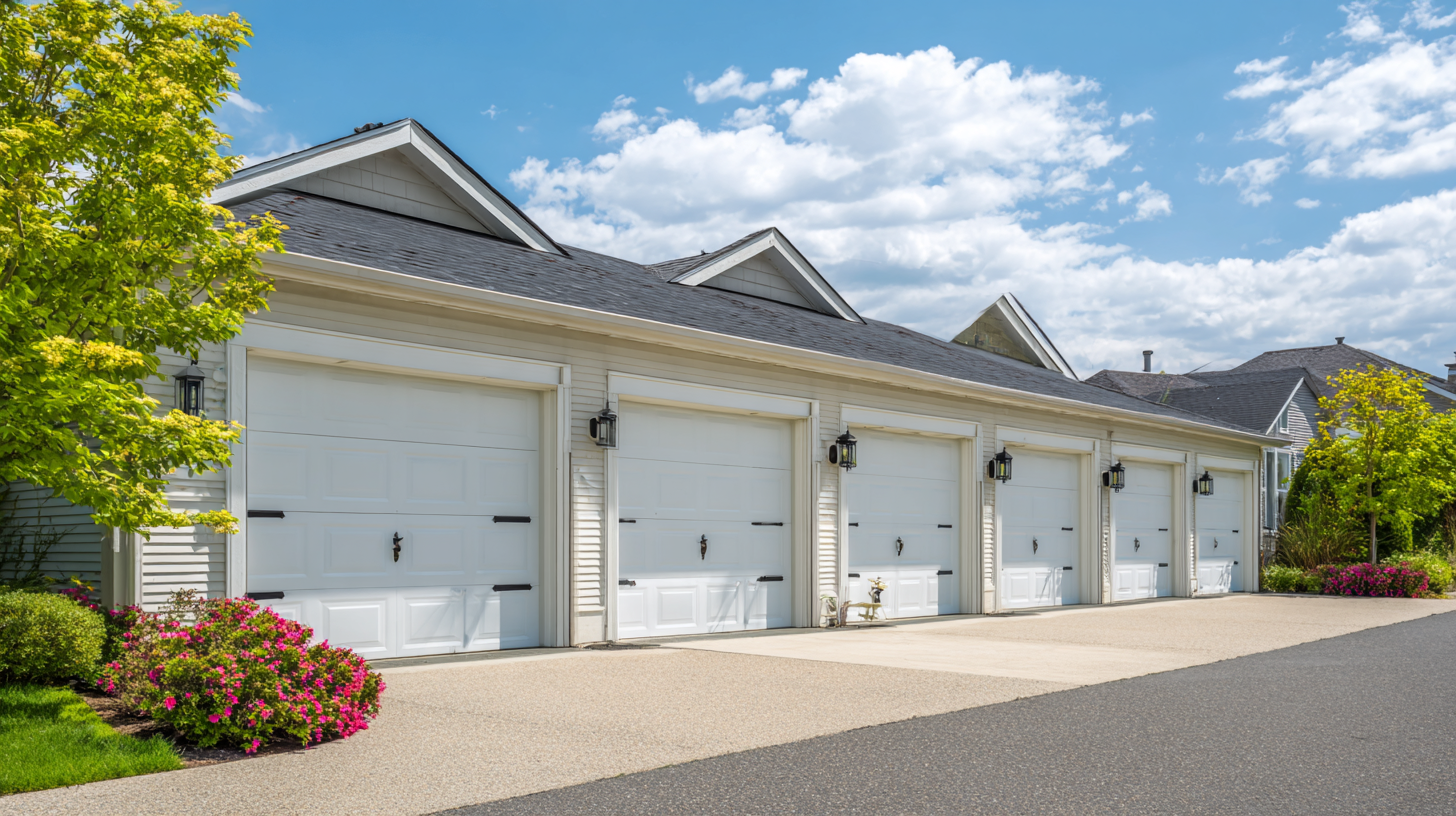
Factors to Consider When Selecting Garage Door Styles for Your Home
When selecting garage door styles for your home, several key factors should influence your decision. First and foremost, consider the architectural style of your home. A modern home may look best with sleek, minimalist garage doors, while a traditional or colonial-style house might benefit from classic raised-panel designs or carriage house doors. Matching your garage door to your home’s overall aesthetic ensures a cohesive look and enhances curb appeal.
Additionally, think about the material of the garage door. Wood, steel, aluminum, and fiberglass each come with distinct advantages and maintenance requirements. For instance, while wood offers timeless beauty, it may require regular staining or painting to prevent weather damage. On the other hand, steel doors are durable and low-maintenance, making them an excellent choice for homeowners seeking longevity. Ultimately, the decision should also factor in insulation needs, as climate can impact energy efficiency and comfort within the garage space.
Evaluating Insulation Options for Energy Efficiency in Garage Doors
When selecting garage doors, insulation should be a top consideration, especially for homeowners seeking energy efficiency. Garage doors that offer high insulation values help maintain consistent temperatures within the garage, which can lead to reduced heating and cooling costs. This not only contributes to the overall energy savings but also enhances the comfort of connected living spaces. Insulated doors typically have a core filled with materials such as polystyrene or polyurethane, which effectively reduces heat transfer.
Moreover, the R-value is a crucial metric to evaluate when choosing insulated garage doors. A higher R-value indicates better insulation performance. Homeowners should also consider the door's sealing capabilities, as well-designed seals will prevent drafts and air leakage, further improving energy efficiency. By investing in an insulated garage door with a suitable R-value and effective sealing, homeowners can enjoy a more energy-efficient garage while potentially adding to the home’s overall value and comfort.
Assessing Garage Door Security Features for Home Protection
When selecting a garage door, it's crucial to assess the security features it offers to ensure your home's protection. A well-designed garage door not only enhances the aesthetic appeal of your property but also acts as a formidable barrier against intruders. Features such as reinforced materials, impact resistance, and advanced locking mechanisms can significantly improve a garage door's security profile. Additionally, choosing models that fit seamlessly with smart home technology allows homeowners to monitor and control their garage doors remotely, providing added peace of mind.
Integrating garage door security with a comprehensive home security system can further enhance your safety. Systems that include real-time alerts for any unauthorized entry and video monitoring can keep you informed of potential threats when you're not at home. Innovative options like door security bars can also deter break-ins by reinforcing existing locks. Overall, investing in high-quality garage doors with robust security features is a critical step in safeguarding your home, ensuring your family and possessions are well-protected.
A Comprehensive Guide to Choosing the Best Types of Garage Doors for Your Home - Assessing Garage Door Security Features for Home Protection
| Garage Door Type | Material | Insulation | Security Features | Durability |
|---|---|---|---|---|
| Sectional | Steel | High | Multi-point locking system | Excellent |
| Roll-up | Aluminum | Medium | Locking latch | Good |
| Tilt-up | Wood | Low | Reinforced hinges | Fair |
| Side-hinged | Fiberglass | High | Deadbolt lock | Good |
| Sliding | Vinyl | Medium | Electronic locking system | Excellent |
Maintenance Tips for Extending the Life of Your Garage Door
 Regular maintenance is crucial for extending the life of your garage door and ensuring its smooth operation. One of the key aspects of maintenance is performing routine inspections. Check the door's balance, springs, cables, and tracks for any signs of wear or damage. Worn components can lead to more significant issues if not addressed, so it's essential to conduct these inspections at least twice a year. Lubricating the moving parts, including rollers, hinges, and tracks, with a silicone-based lubricant can prevent rust and ensure quieter operation.
Regular maintenance is crucial for extending the life of your garage door and ensuring its smooth operation. One of the key aspects of maintenance is performing routine inspections. Check the door's balance, springs, cables, and tracks for any signs of wear or damage. Worn components can lead to more significant issues if not addressed, so it's essential to conduct these inspections at least twice a year. Lubricating the moving parts, including rollers, hinges, and tracks, with a silicone-based lubricant can prevent rust and ensure quieter operation.
Another vital maintenance tip is to clean the garage door regularly. Dirt and grime can accumulate on the door’s surface and mechanisms, affecting both aesthetics and functionality. Use a mild detergent and water to scrub the door, which will help maintain its appearance and prevent deterioration, particularly for metal doors prone to rust. Additionally, consider weather stripping around the door to protect it from the elements, which can enhance its durability and insulation. By following these simple yet effective maintenance practices, you can significantly prolong the lifespan of your garage door and avoid costly repairs.
Related Posts
-

Mastering Residential Roll Up Garage Doors: A Comprehensive DIY Installation Tutorial
-
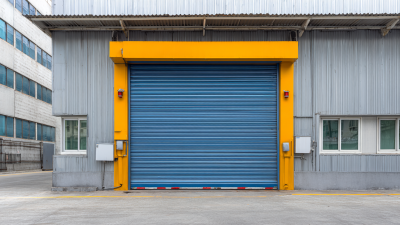
How to Choose the Right Commercial Garage Doors for Your Business Needs
-
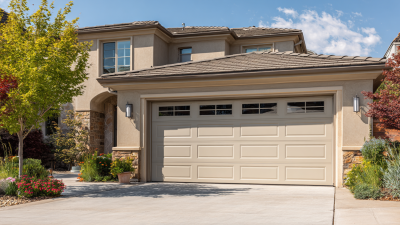
How to Increase Your Garage Door Lifespan by 30 Percent with Proper Maintenance Techniques
-
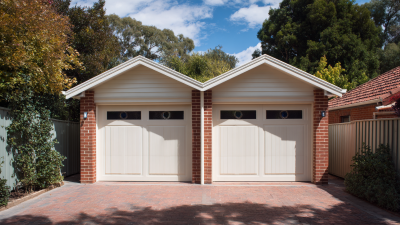
7 Best Features of Double Garage Doors You Didn't Know About!
-
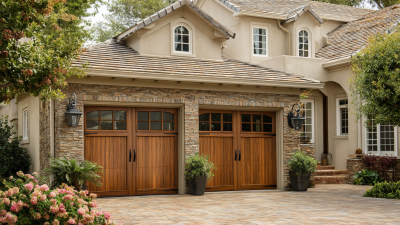
Exploring Innovative Garage Door Options at the 2025 China Import and Export Fair: Market Insights and Trends
-

7 Compelling Reasons to Choose a Double Garage Door for Your Home Upgrade
